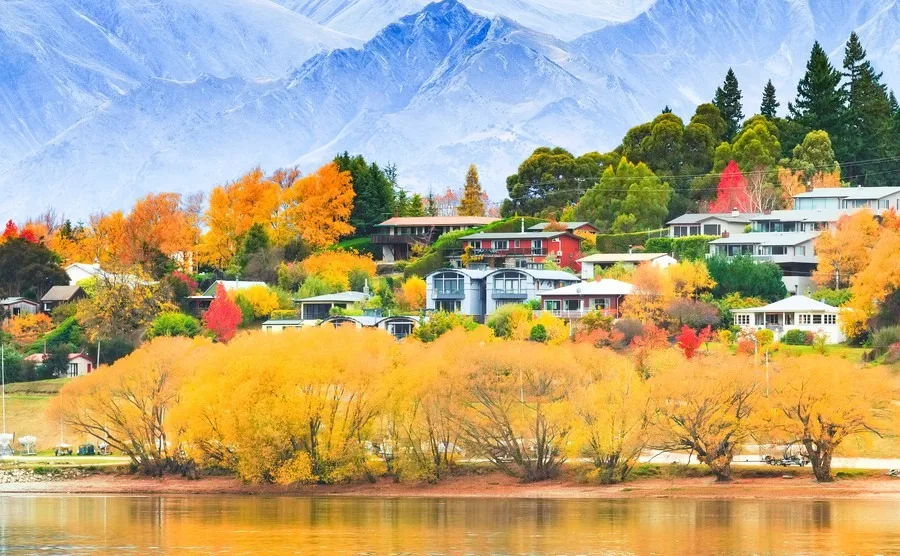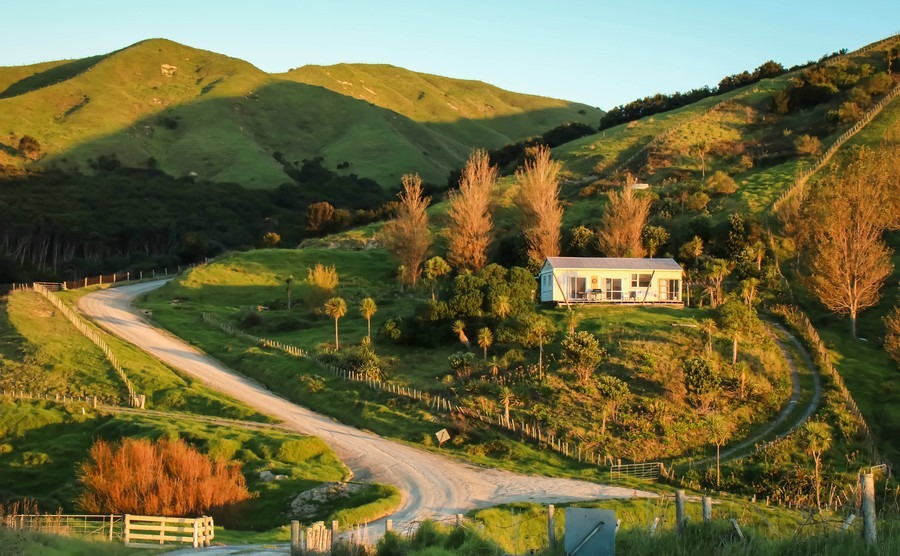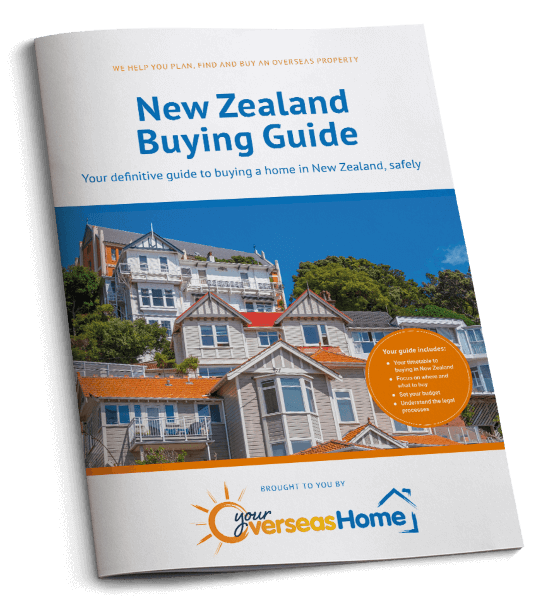Although the internet is a mighty tool, when it comes to establishing whether a country is the location of your dreams, there are certain things extensive Googling can’t help you with. If you’re planning to upend your family and move them to New Zealand, you need to be as sure as possible it’s the right move for you…and that means visiting, at least once.
Not all of us can pop to New Zealand at the drop of a hat. However, if you plan your trip well and visit at the right time of year, you can go in search of the answers you crave without having to rob a bank! Today we’re looking at five great reasons to visit New Zealand during autumn – that’s right, spring here means autumn on the other side of the world – and providing a checklist of what to establish when you get there…
1. Decent weather
Autumn is an ideal time to visit New Zealand. The country is undeniably beautiful all year round, but the colours of autumn (especially when reflected in pristine glacial lakes) are something to behold. If you want to time your trip to coincide with seeing the turn of colours early April is your best bet. Although not comparable to summer highs, the autumn weather is usually far preferable to the UK around now. The average temperature in Auckland in April is 20°C. In Christchurch on the South Island it’s a tad lower at an average of 17°C.
Do bear in mind that the further you get into the season the cooler and rainier it will get. So visit in late March/ early April where possible. If you’re concentrating your trip on the South Island, you’ll need to pack warm clothing. Temperatures can dip to below freezing at this time of year after nightfall. During April, you’ll have a whopping 11.5 hours of daylight each day in which to conduct your recce. Plenty of time for seeing the sights, viewing properties, checking out schools and maybe even for a beer or two!
The country is undeniably beautiful all year round, but the colours of autumn (especially when reflected in pristine glacial lakes) are really something to behold.
2. Peace and quiet
When a country welcomes close to four million tourists per year, you need to be strategic to avoid the crowds. Autumn is New Zealand’s quietest time. Accommodation (or camper van hire) will also be far better value during March, April and May. An Airbnb for two guests in the heart of Auckland during Autumn starts at £50 per night. Come summer, this same apartment will cost you between £20-30 more per night.
3. Cheaper flights
If you’re savvy and book months in advance, tickets to New Zealand needn’t break the bank. Some airlines offer flights for as little as £600 during autumn, while during summer months you’re looking at closer to £700 for a standard return ticket – and that’s if you’re happy to be flexible with the airline and the flight times.
4. A realistic impression
Whenever we picture our dream destinations the sun is inevitably shining all day every day, but that’s just not realistic. For this reason, we always recommend that those buying abroad visit their potential new town or city during the off season. This allows them to see what it would be like to live in town all year round. What businesses remain open? Which activities can you enjoy other than laying on the beach? What do people do when it rains? It’s all very well seeing a place at its best but seeing it at its worst will give you the truest picture of whether you want to call it home on a permanent basis.

New Zealand is a sight to behold during autumn
5. More time
There are going to be a lot of people you will want to speak to on your visit. Perhaps you want to arrange some job interviews while you’re in town? Maybe you want to scout out potential schools or sports teams for your children? You might want to meet an estate agent to discuss your needs and budget. Visiting at this quieter time of year means that you have more chance of securing people’s time. The property market often goes a little quieter during cooler months, which will allow you to capitalise on an agent’s time. If you ask nicely (and reveal your budget) local estate agents may even offer to show you around while you’re in town. If finding a job is your priority, this time of year is also ideal as people tend to leave town less on holiday during cooler months.
Getting a good deal is often a question of good planning and research. Download our guide: How to Negotiate Abroad to give yourself a head start.
How do I choose a location?
It’s unrealistic to think that you can visit every town and village in New Zealand on your trip. You need to conduct some research to help you create a shortlist that you can then go and visit. Bear in mind that it’s easy to be blinded by a good view, or the best pie you’ve ever tasted, but there are a few more important factors to take into account to ensure a location is right for you.
1. Employment opportunities
You might fancy living in the heart of the countryside but it’s unlikely to work out in the long run if you have no chance of finding a job close by. It’s important to research New Zealand’s job market to discover potential employers and where you’re likely to find the best opportunities.
It’s important to research New Zealand’s job market to discover potential employers and where you’re likely to find the best opportunities.
2. Affordability
If you’re moving for a better way of life, you need to ensure you can find employment that allows you to live within your means. Work out how much you’re likely to earn and then don’t be afraid to get nerdy – calculate how much your weekly shop would cost you and how much you’d need to spend on petrol or public transport. How much are your utilities likely to set you back? Make a note of how these costs differ in your shortlisted locations. Affordability could be the deciding factor in where you begin your property search.
3. Real estate
There are some real bargains to be found in New Zealand, but do you really want to live in these locations? Before you make an investment, you want to know that the area is right for you and that you’re making a sound investment based on thorough research of the local property market. While on your trip, conduct some research into current home prices, the length of time property is usually on the market, the resale value of homes and housing market trends. The more clued up you are, the more likely you are to make a sensible decision that you won’t regret. In addition, you need to get realistic about whether the type of property you have your eye on is right for you. For example, what does raising livestock on a lifestyle plot really involve and do you have the skills to do the job?

Autumn is a great time to take that trip to New Zealand to finalise your plans
4. Lifestyle
While visiting potential destinations, take the time to establish what your life would be like if you lived there. What activities could you enjoy after work and at the weekends? What are the crime rates like in the town – would you feel safe? If you’re a foodie – are there enough options to keep you interested? Is the place dog friendly?
And finally…
Before jetting off to New Zealand to discover whether it’s the promised land, create your wish list. It’s easy to get blown away by inconsequential factors, so write a list of everything you want and everything you won’t stand for. Make sure you mark it up as you go from destination to destination. If you’re seeing a lot of places, they will quickly merge into one. Keep your notes organised and take lots of pictures. Be organised and choosing a new home for you and your family might end up being the most life-changing holiday you’ve ever been on.







